The Best Mulch For Your Garden: Types Of Mulch That Are
Introduction
Mulch is a layer of material that is spread over the soil in gardens and landscapes. It has many benefits, including:
- Retaining moisture: Mulch helps to keep the soil moist, which can help plants to survive during dry periods.
- Suppressing weeds: Mulch creates a barrier between the soil and sunlight, which helps to prevent weeds from germinating.
- Improving soil quality: As mulch breaks down, it adds organic matter to the soil, which helps to improve drainage, aeration, and water retention.
- Protecting plant roots: Mulch can help to protect plant roots from temperature extremes and pests.
Types of Mulch
There are two main types of mulch: organic and inorganic.
Organic mulch is made from materials that were once alive, such as leaves, grass clippings, wood chips, bark, and compost. Organic mulches break down over time, adding nutrients and organic matter to the soil. They are also good at suppressing weeds.
Inorganic mulch is made from materials that were never alive, such as gravel, rocks, plastic, and landscape fabric. Inorganic mulches do not break down, so they do not add nutrients to the soil. However, they are very effective at suppressing weeds and preventing erosion.
Choosing the Right Mulch
The best mulch for your garden will depend on your specific needs and preferences. Here are some factors to consider when choosing mulch:
- The type of plants you are growing: Some plants prefer certain types of mulch. For example, acid-loving plants, such as blueberries, prefer pine needles or bark mulch.
- The climate in your area: If you live in a hot, dry climate, you will need a mulch that helps to retain moisture. If you live in a cold climate, you will need a mulch that helps to insulate the soil.
- Your budget: Mulch can range in price from very inexpensive to quite expensive.
- Your personal preferences: Some people prefer the look of organic mulches, while others prefer the look of inorganic mulches.
How to Apply Mulch
When applying mulch, it is important to follow these guidelines:
- Apply the mulch evenly: The mulch should be spread evenly over the soil, with a depth of 2-3 inches.
- Don't pile the mulch up against plant stems: Mulch that is piled up against plant stems can cause rot.
- Water the mulch after you apply it: This will help the mulch to settle and prevent it from blowing away.
Conclusion
Mulch is a valuable tool for gardeners. It can help to retain moisture, suppress weeds, improve soil quality, and protect plant roots. When choosing mulch, it is important to consider the type of plants you are growing, the climate in your area, your budget, and your personal preferences.
Mulch is a great way to improve your garden's health and appearance. It helps to retain moisture, suppress weeds, and improve soil quality. There are many different types of mulch available, so you can choose the one that is right for your needs.
If you are looking for more information about good mulch, I recommend visiting Home Gardening. This website has a wealth of information on the different types of mulch, how to use them, and their benefits.
FAQ of good mulch
- What is mulch?
Mulch is a layer of material that is spread on top of the soil around plants. It serves a number of purposes, including: * Retaining moisture in the soil. Mulch helps to prevent water from evaporating from the soil, which can help to keep plants healthy and prevent them from wilting. * Suppressing weed growth. Mulch creates a barrier that prevents weed seeds from germinating. * Protecting the soil from erosion. Mulch helps to keep the soil in place, which can help to prevent erosion from wind and rain. * Improving the soil structure. Mulch can help to improve the drainage and aeration of the soil, which can make it more conducive to plant growth.
- What are the different types of mulch?
There are many different types of mulch available, including: * Organic mulches: These mulches are made from plant materials, such as wood chips, bark, leaves, and straw. They are a good choice for gardens because they break down over time and add nutrients to the soil. * Inorganic mulches: These mulches are made from non-living materials, such as rocks, gravel, and plastic. They are a good choice for gardens where you want to prevent weed growth or where you don't want to add organic matter to the soil.
- How much mulch should I use?
The amount of mulch you need will depend on the size of your garden and the type of mulch you are using. In general, you should apply a layer of mulch that is 2-4 inches thick.
- How often should I reapply mulch?
You will need to reapply mulch as it breaks down and washes away. In general, you should reapply mulch every year or two.
- What are the benefits of using mulch?
Mulch offers a number of benefits, including: * Improved water retention. Mulch helps to keep the soil moist, which can help to reduce your watering needs. * Suppressed weed growth. Mulch creates a barrier that prevents weed seeds from germinating. * Protected soil. Mulch helps to protect the soil from erosion and compaction. * Improved soil health. Mulch can help to improve the drainage and aeration of the soil, which can make it more conducive to plant growth.
Image of good mulch
- Pine bark mulch: This is a type of wood mulch that is made from shredded pine bark. It is a good choice for flower beds, vegetable gardens, and around trees.
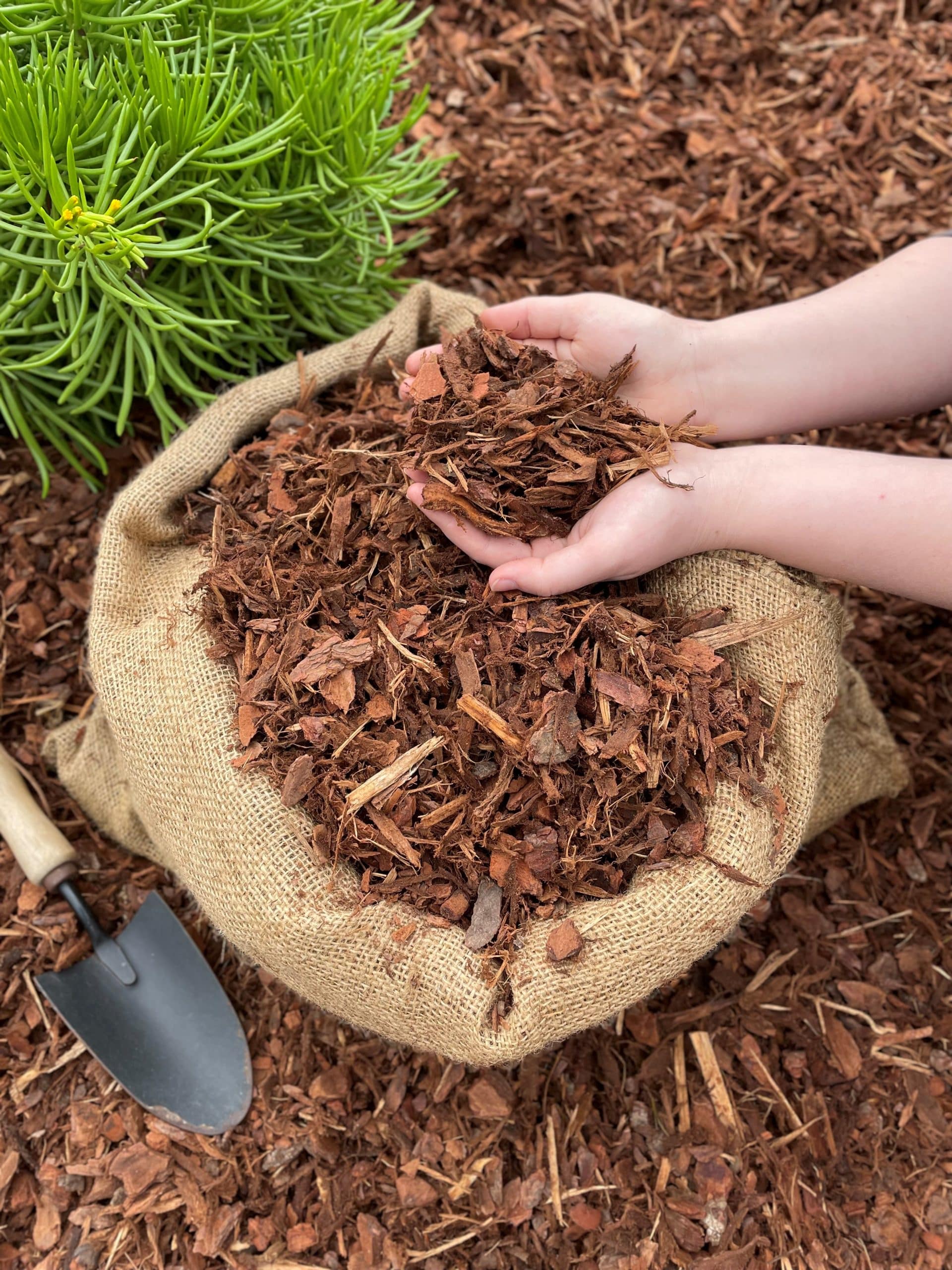
- Hardwood mulch: This is a type of wood mulch that is made from shredded hardwoods, such as oak, maple, or walnut. It is a good choice for flower beds, vegetable gardens, and around trees.

- Pea gravel: This is a type of inorganic mulch that is made from small, smooth pebbles. It is a good choice for areas that get a lot of foot traffic, such as pathways and patios.
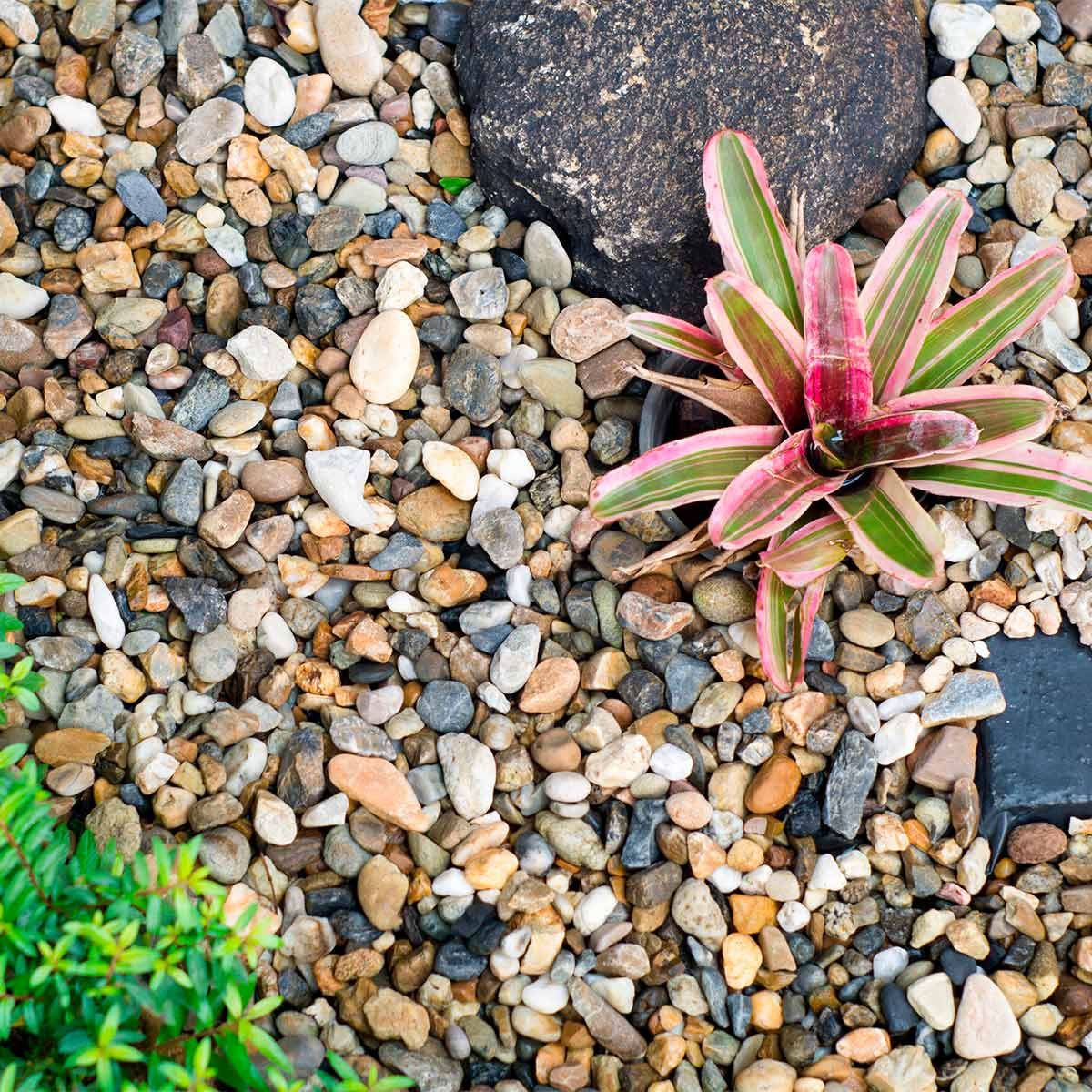
- Rock mulch: This is a type of inorganic mulch that is made from larger rocks, such as river rocks or crushed granite. It is a good choice for areas that need to be very well-drained, such as raised beds or around trees with shallow roots.
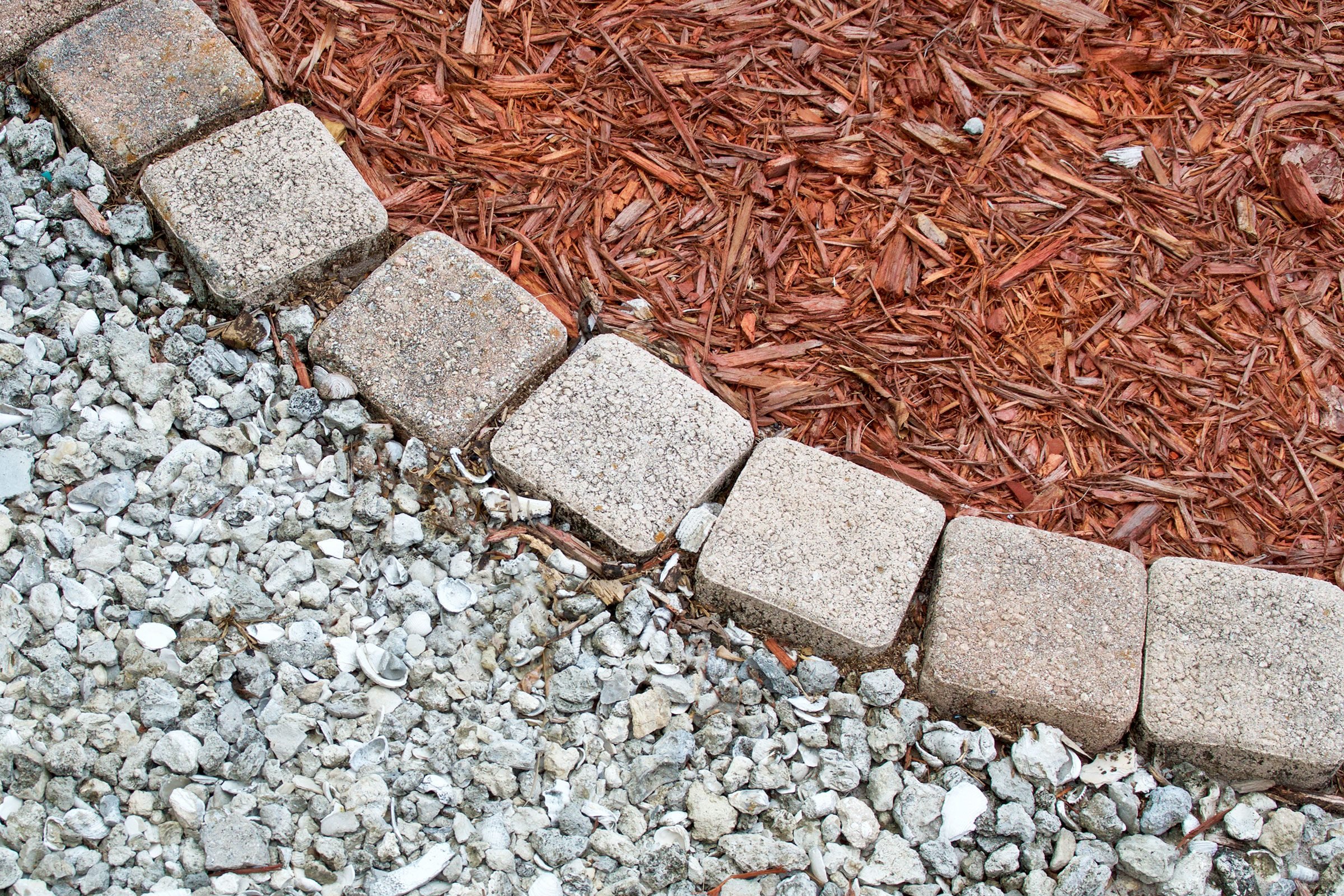
- Cocoa bean mulch: This is a type of organic mulch that is made from ground-up cocoa beans. It is a good choice for flower beds, vegetable gardens, and around trees. It has a rich chocolatey scent that can attract beneficial insects.
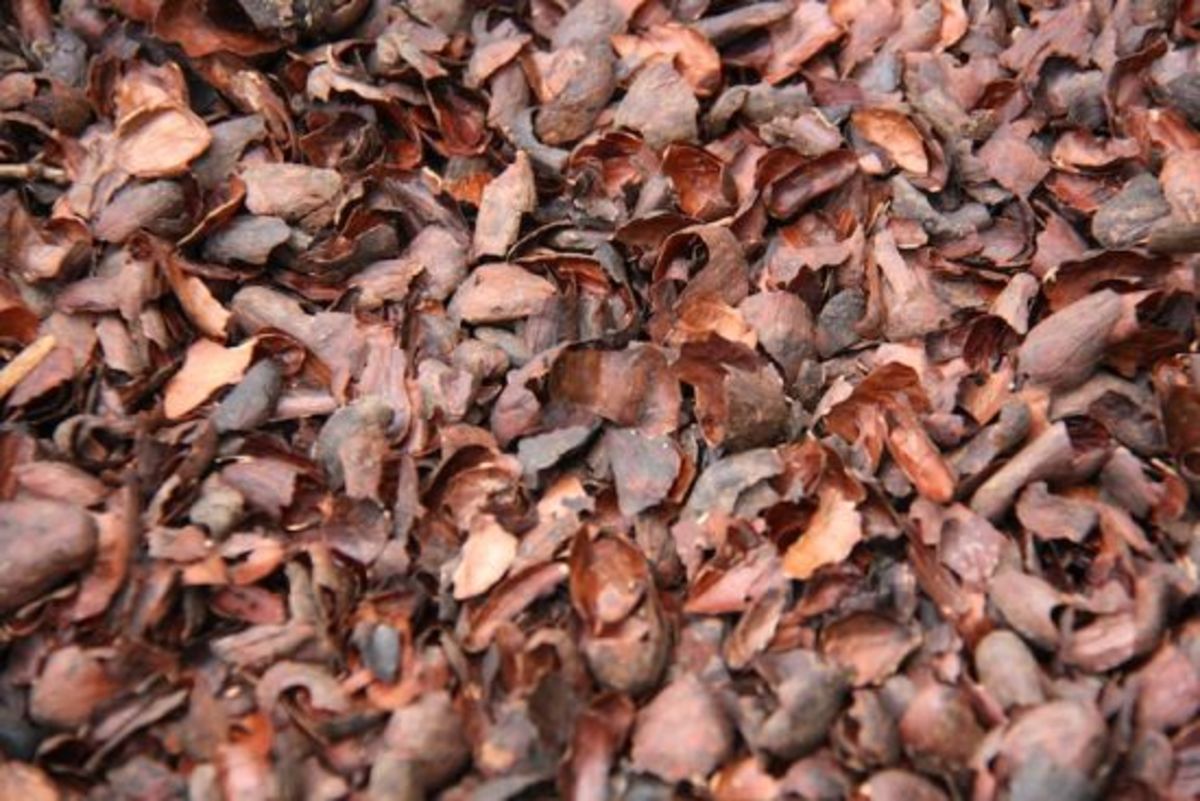
- Bark nuggets: These are small, round pieces of bark that are made from shredded hardwoods. They are a good choice for flower beds, vegetable gardens, and around trees. They are less likely to blow away than other types of mulch.
- Wood chips: These are large pieces of wood that are chipped into smaller pieces. They are a good choice for flower beds, vegetable gardens, and around trees. They are a good way to add organic matter to the soil.
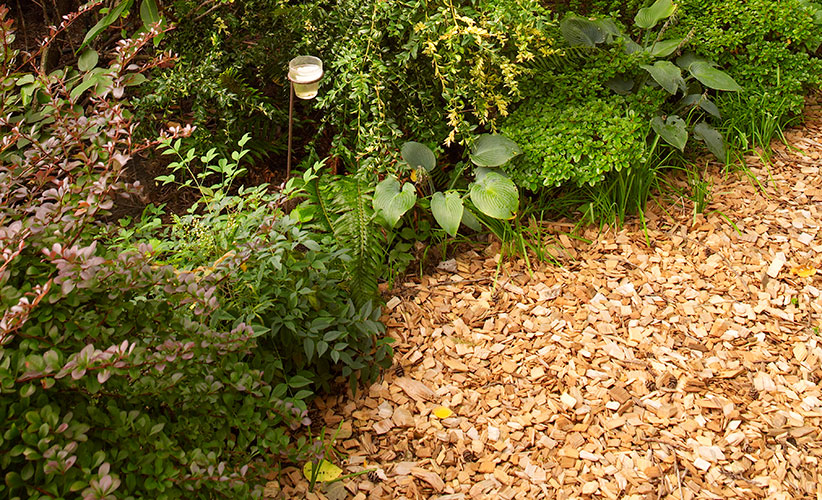
- Deciduous leaf mold: This is a type of organic mulch that is made from leaves that have fallen from deciduous trees. It is a good choice for flower beds, vegetable gardens, and around trees. It helps to improve the drainage of the soil.

- Cypress mulch: This is a type of wood mulch that is made from shredded cypress trees. It is a good choice for flower beds, vegetable gardens, and around trees. It is a good way to attract beneficial insects.
Post a Comment for "The Best Mulch For Your Garden: Types Of Mulch That Are"